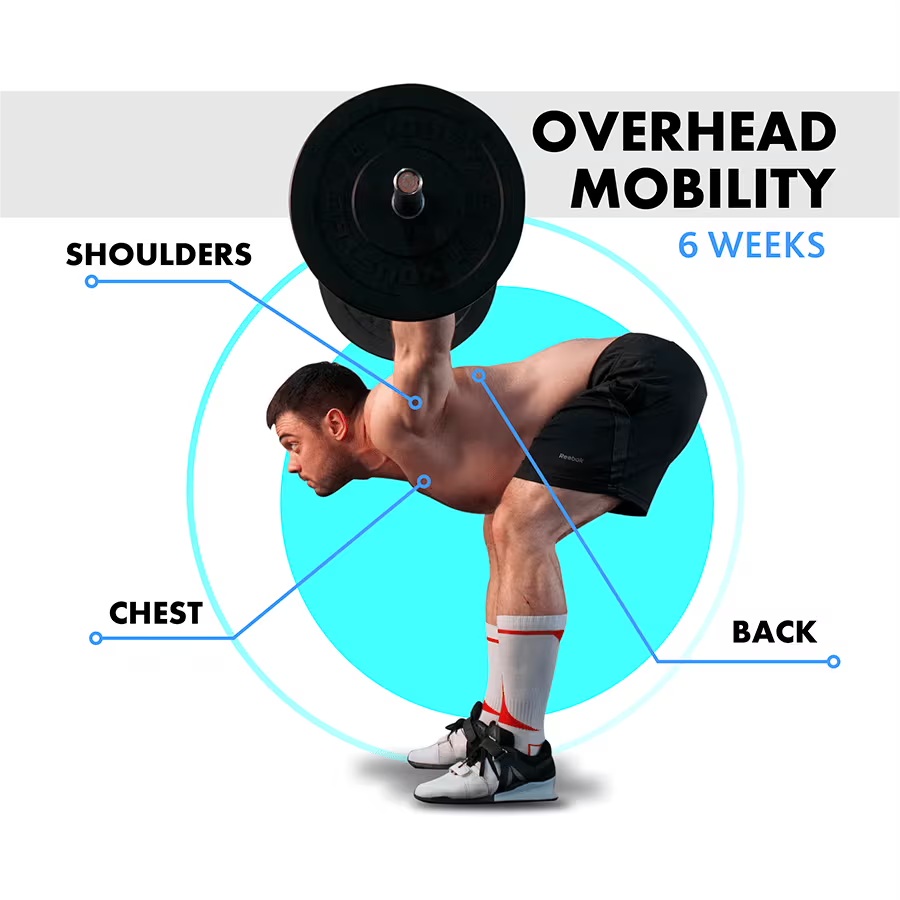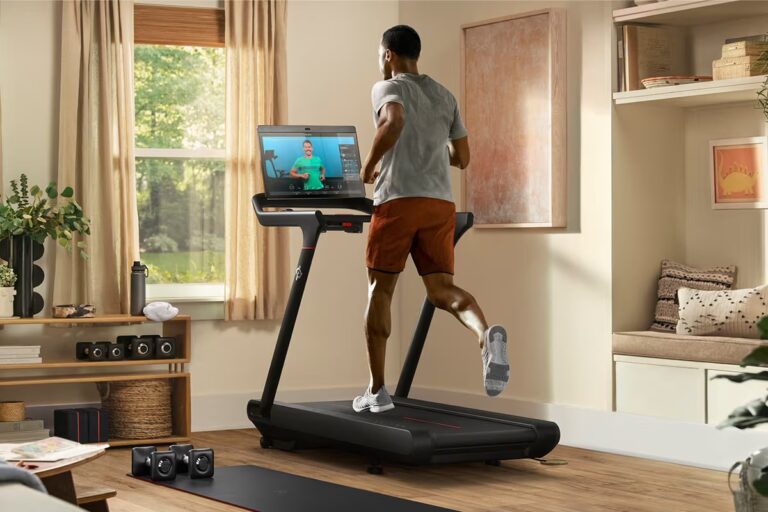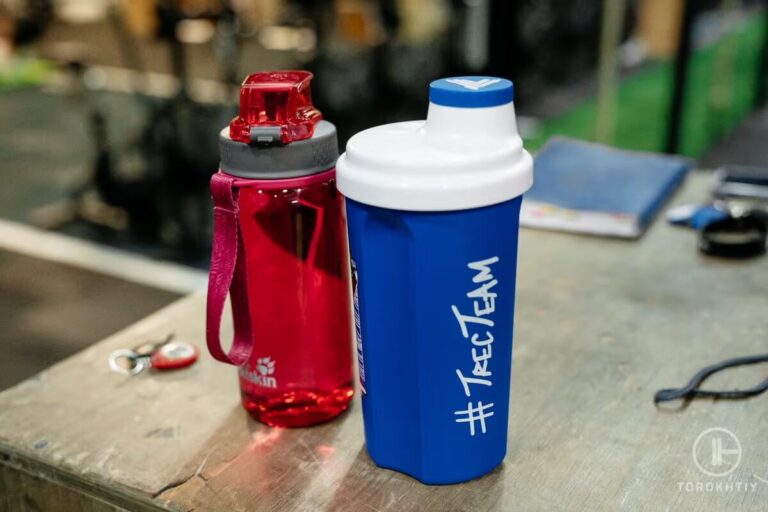5 Shoulder Warm-up Exercises and Their Benefits
Some people tend to neglect shoulder warm-up exercises during their workouts. Unfortunately, this is a rookie mistake that can easily lead to injuries. Not only are warm-ups important for your muscle health, but they can also boost your overall performance in the gym.
Shoulder warm-up exercises reduce the risk of injury, increase range of motion, reduce pain and tension and increase performance. Some of the best exercises are shoulder stretch, external rotation, wall slides, and rotator cuff warm-ups.
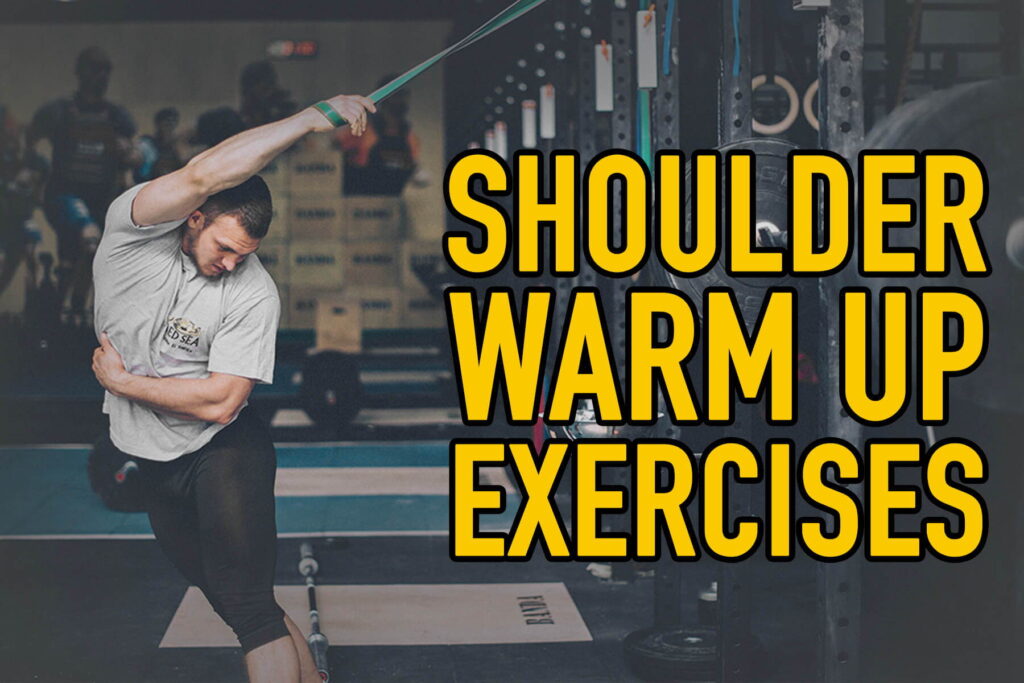
Shoulder Warm-up Exercises: General Description
Biologically, this area is extremely complex, combining several joints, bones, tendons, and muscles to provide stability and mobility to your arms and upper body. Shoulders are susceptible to damage, and experts claim that most people between ages 18 and 88 suffer some kind of injury to this body part.
When you do a warm-up for a shoulder workout, you increase flexibility and range of motion. Your heart rate and blood flow increase during the process, supplying shoulder muscles with more oxygen. The chemical element helps break down glucose in your body, which can serve as a source of energy.
That being said, shoulder warm-ups are crucial for just about any upper body exercise, especially overhead and incline pressing workouts, planks, and dips. Doing full body weight training with a bad shoulder is virtually impossible, as it might cause extreme pain and further aggravate the injury.
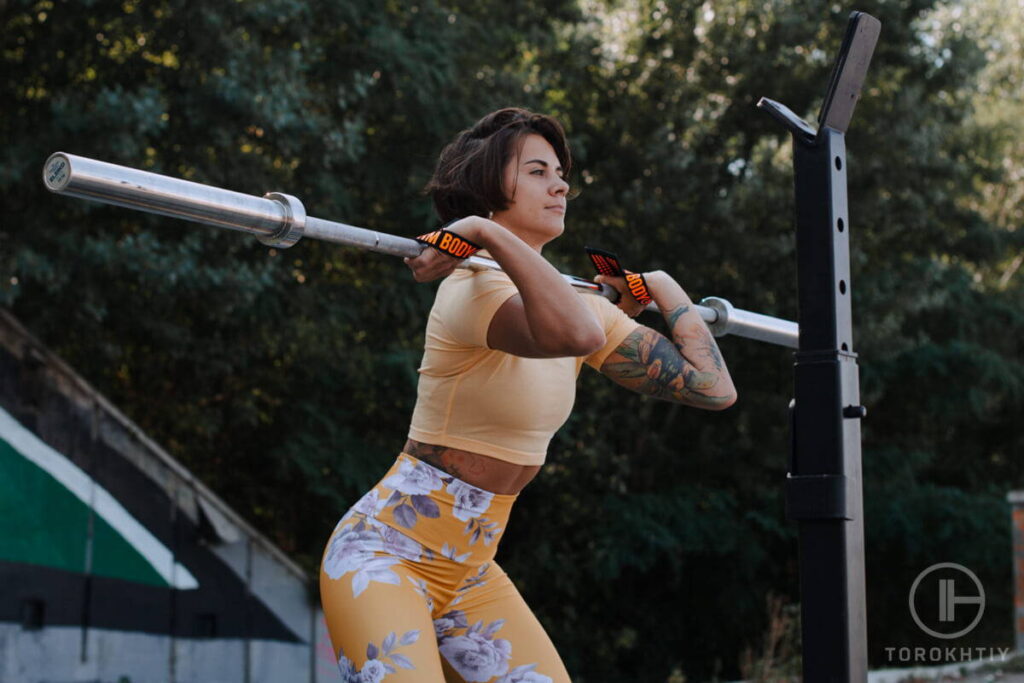
5 Reasons to Make Shoulder Warm-up Exercises
Whether you’re doing weight lifting, aerobic exercises, or fitness, shoulder warm-up should be an inseparable part of your training. While many people get bored warming up their muscles, this is a necessary step in ensuring the longevity of your body.
Even though warm-ups aren’t as challenging as weight lifting, you still need to approach them seriously for maximum benefits. Shoulder preparation is especially important for men, given that the guys tend to overwork their upper body in the gym.
Reduce Risk of Injury
Even if we completely disregard all other benefits, you should still warm up your muscles to prevent injuries. These exercises allow you to loosen up muscles and increase blood flow. Warm-ups put your body in optimal working condition, preparing it for just about any type of training.
Shoulder warm-ups are crucial for heavy weight lifting. Given the enormous strain on your muscles and joints, high-impact exercises increase the likelihood of twists, tears, and rips. Aside from warming up, you might also consider stretching to reduce the risks associated with weightlifting.
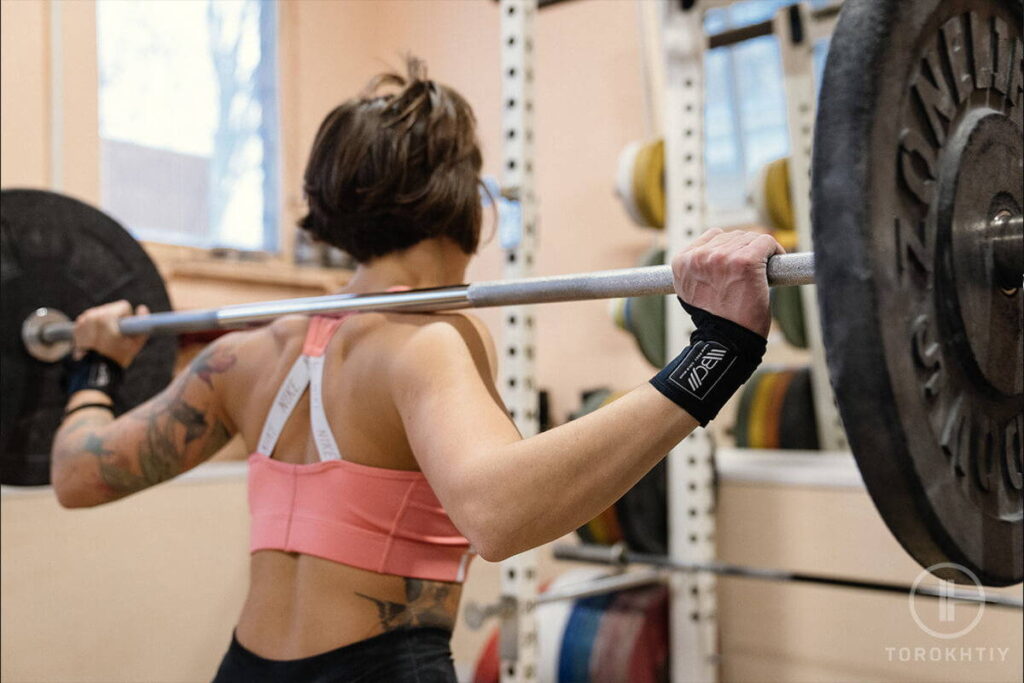
Increase Flexibility
Increased flexibility provides numerous direct and indirect benefits. As previously mentioned, having stretchy muscles reduces the likelihood of suffering tears. Increasing flexibility is a good way to reduce pain in the area and is also fantastic for preventing cramps.
Besides reducing muscle vulnerability, flexibility can also boost your performance. It makes it easier to perform certain workouts and maintain your posture. As such, you will be able to train the right way while avoiding unnecessary yanking and activation of the wrong muscle groups.
Of course, improved flexibility can also have a positive impact on your daily life, increasing the overall functionality of your body.
Prevent Heart Issues
Going straight to weights can pose enormous stress to your lungs and heart. In fact, the lack of preparation can cause a shock to the entire body, sometimes causing heart attacks in gym-goers.
During a small study, scientists compared the results of men doing a treadmill workout with and without warm-ups. Those who didn’t do any preparation had awful results, with 70% of them having abnormal ECG readings. They simply didn’t have enough oxygen in their bodies, and their hearts were under a lot of pressure.
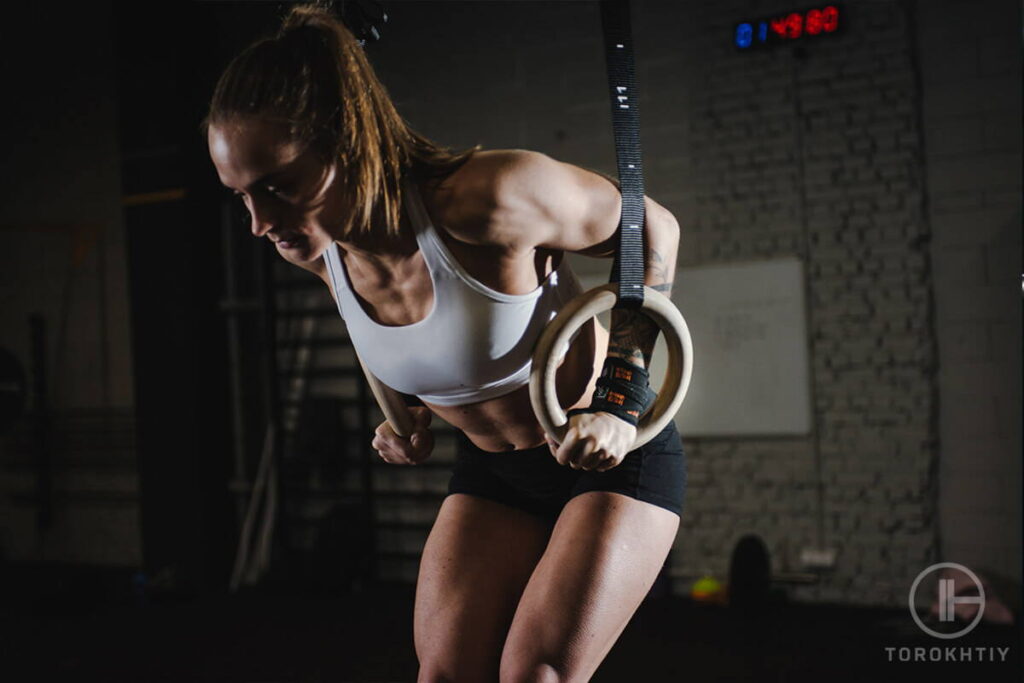
Improves Overall Performance
There’s a good reason why professional athletes pay so much attention to warm-ups. Aside from injury prevention, heating up your muscles before competition can significantly improve results. As previously mentioned, it will increase the supply of oxygen, thus providing more energy to your body.
Not only will you be able to lift more, but you’ll also train longer. Warm-ups reduce the speed at which lactic acid builds up in your body. Otherwise, if you decide to train outright, the sudden muscle strain will shoot the acid levels up, shocking your body in the process.
Improves Mental Disposition
Most people stop working out because the initial few minutes of their training were so excruciating. Newbies, in particular, have too high expectations and want to achieve fantastic results overnight. They neglect preparation and other processes, going straight at plates and bars.
Warm-ups get you in proper mental and physical shape for workouts. They slowly put you in training shape, allowing your body to take increasing punishment. Instead of shocking your organism by going straight to bench press, invest a few minutes for warm-ups next time you hit the gym.
🔻OVERHEAD MOBILITY CYCLE Program
Boost Your Overhead Mobility!
Pro or beginner, our Overhead Mobility Program is your key to success.
Why Choose?
- 🏋️ Master Olympic weightlifting, from beginner to pro.
- 💪 Boost upper body mobility and joint strength.
- 🚀 Solidify your confidence in overhead movements.
- 🥇 Achieve new personal bests.
- 🎯 Benefit from 60+ unique exercises.
- 📈 5 tests to track your progress.
- ⏰ 18 efficient 30-minute workouts.
- 📹 120 video guides.
- 🔒 Lifetime access for success anytime, anywhere.
Don’t wait – unlock your potential today! 🚀
Shoulder Warm-up Exercises for Peak Performance
Beginners are usually surprised by all the different exercises they can use prior to workouts. Aside from your basic movements, such as circles, you can also try shoulder warm-up with bands. After doing a general warm-up, you can also get ready for a specific workout machine by using that same equipment but lower weight.
Here are a few shoulder warm-ups we’ll explain in this article:
- Arm circles
- Arm forward/backward
- Wall slides
- Band pull-aparts
- Banded overhead reach
- Scapular push-up
- YTW
- Alternating chest hugs
Ideally, you should implement several exercises from the list, so you can activate different muscles in your shoulders.
Arm Circles
Arm circling is the basic exercise that you’ve probably done a few times during PT classes. You spread your arms horizontally and start making circles, slowly increasing them as you go. Make sure your arms are straight and your core tight during the process. After doing forward swings, you can do backward ones.
This is a type of exercise that you can even do at home without any equipment. Arm circles are one of the first things you should do during shoulder warm-up, preparing you for other movements.
Aside from shoulders, the exercise is also excellent for your triceps and biceps. It’s particularly great for burning extra deposits around your arms, and you can even do it sitting down.
Arm Forward/Backward
You start the exercise by putting both hands to your sides. Then, you swing one arm forward until it’s in a horizontal position, lined up with your shoulder. Meanwhile, you make a similar swing with your other arm, only backward. Return the arms to the initial position and switch the movements.
Aside from alternating arms, you can also swing them together in a joint movement. This time around, make sure to swing them upward, above your head, and behind your shoulders. Then, lower them to your hip and push them back behind your glutes.
Wall Slides
Many doctors recommend wall slides to people who have injured their shoulders. It’s another simple type of movement that you can do at your home. The exercise isn’t that strenuous, but it will definitely increase your mobility.
Just stand with your back to the wall, put both arms against it, and raise them up and down. As your arms go up, they need to be outstretched. On their way down, you slowly bend arms in elbows, putting them in a crab-like position.
Band Pull-Aparts
The main reason why we do band pull-aparts is so we isolate posterior shoulder movements. This is probably the best shoulder warm-up with bands, and you should definitely add it to your routine.
Like most other exercises on this list, band pull-aparts are done while standing, as the majority of your body is static. You need to hold the band in a horizontal position, parallel with your shoulders and chest. Now, you start pulling the band outwards, extending your arms horizontally.
During the workout, it’s crucial that most of your body is static. An athlete should avoid any yanking movements with hands and arms, as they should only serve to hold bands. The main focus is on the upper back and rear delts. The warm-up is especially beneficial prior to bench pressing.
Banded Overhead Reach
This exercise is somewhat similar to an arm forward/backward but with a twist (or should I say a band?). The main difference is that you’re not alternating between the arms. Instead, you’re lifting /lowering both of them simultaneously.
Start by putting your hands parallel to each other and stretching a band between the wrists. As your arms are outstretched, in perfect alignment with your sides and shoulders, start lifting them up and down. Just make sure to avoid any yanking or fast swings during the exercise.
This type of warm-up is perfect for overhead exercises and presses. It helps develop thoracic mobility but is also excellent for improving your posture.
Scapular Push-Up
As the name indicates, the main focus of this exercise is to activate your scapula, aka. shoulder blades. The workout is great for workout preparation, but it also strengthens specific muscle groups.
Unlike the regular push-up, you don’t have to go all the way down to the ground. Instead, you’re just dipping your torso downward while your arms are in a static position. Basically, your shoulders should go up and down into the sockets without any circular motion.
Scapular push-ups are especially important for newbies. They teach you how to keep your body in an optimal position and can also help you with traditional push-ups.
YTW
YTW exercise consists of three different parts: Y, T, and W. During the workout, you need to lie down on the mat, belly first. Then, you activate your glutes and lift up your feet from the ground. The entire legs should be static and in the air during the exercise.
Meanwhile, your arms create Y, T, or W signs. Then, you lift your arms up and down, never touching the floor. It’s crucial that your back is static throughout and that the only movement you make is with your arms.
YTW is fantastic for numerous small muscles in your upper back. It helps warm up and strengthen traps, rear shoulders, and rhomboids. The workout is especially fantastic for increasing the flexibility of the muscles surrounding your spine, so anyone can benefit from it.
Alternating Chest Hugs
If you’re looking how to warm up rotator cuff, it doesn’t get better than alternating chest hugs. This is a dynamic exercise meant to stretch your shoulder muscles but also work your chest.
As the name implies, you’re doing a hugging movement with both arms. Spread them horizontally, at the level of your shoulders, and open your palms. After that, you need to swing your arms forward as if you’re hugging someone. Make sure they cross each other in a scissor-like move. Then, pull them back as far as you can.
Alternating chest hugs are good preparation for push-ups and rows.
FAQ
Do You Need To Warm Up Shoulders?
Shoulder warm-ups should be an inseparable part of your workouts. These exercises provide numerous benefits to the upper muscle groups, helping your shoulders reach optimal working conditions. Aside from improving your performance, warm-ups are also vital for staving off injuries.
Is Shoulder Stretch A Warm-Up?
You shouldn’t consider shoulder stretches as a warm-up. As the name implies, this is a stretching exercise that is best done after the warm-up or cool-down phase. Shoulder stretches are vital for improving your flexibility, preventing injuries, and reducing pain.
Conclusion
Shoulder warm-ups, and warm-ups in general, are often neglected parts of the workout routine. Nevertheless, they’re crucial for preparing our muscles for fitness, weight lifting, and any other athletic activity. Besides preventing injuries, shoulder warm-ups can also improve your flexibility and overall performance.
What type of shoulder warm-ups do you use? How do they affect your gym performance? Share it in the comments below!
Also read:
- Neck Mobility Exercises
- Thoracic Mobility Exercises
- Scapular Mobility Exercises
- Squat Stretches
- Mobility Routine for Lifters
- Shoulder Mobility Exercises
- Tricep Stretches
- Lat Stretches
References:
- Does warming up prevent injury in sport? The evidence from randomised controlled trials? // Ncbi: https://pubmed.ncbi.nlm.nih.gov/16679062/
- 5 Facts About Shoulder Injuries // Rush: https://www.rush.edu/news/ 5-facts-about-shoulder-injuries
- Warm-up and cool-down // NHSinform: https://www.nhsinform.scot /healthy-living/keeping-active/ before-and-after-exercise/ warm-up-and-cool-down
- Essentials of exercise psychology // Psychology: http://surl.li/gsbah
Why Trust Us?
With over 20 years in Olympic Weightlifting, our team does its best to provide the audience with ultimate support and meet the needs and requirements of advanced athletes and professional lifters, as well as people who strive to open new opportunities and develop their physical capabilities with us.
By trusting the recommendations of our certified experts in coaching, nutrition, dietology, and sports training programming, as well as scientific consultants, and physiotherapists, we provide you with thorough, well-considered, and scientifically proven content. All the information given in the articles concerning workout programming, separate exercises, and athletic performance, in general, is based on verified data. We ensure that you can rely on our professionals’ pieces of advice and recommendations that can be treated as personalized ones which will benefit you and fully meet your needs.
The product testing process is described in more detail here
Author: Zinaida Bondarenko
Coach, Physiotherapist
Physical rehabilitation experience: 10 years
Zinaida was a member of the national team of Ukraine in rhythmic gymnastics, accumulating 15 years of professional sports experience. She holds certifications in functional training, rehabilitation, kinesiotherapy, specializing in working with athletes across various domains: recovery, rehabilitation, functional and mobility training, General Physical Preparedness (GPP), as well as injury prevention through specific program design. Moreover, she focuses on athlete and coach education to enhance performance and prevent injuries.

